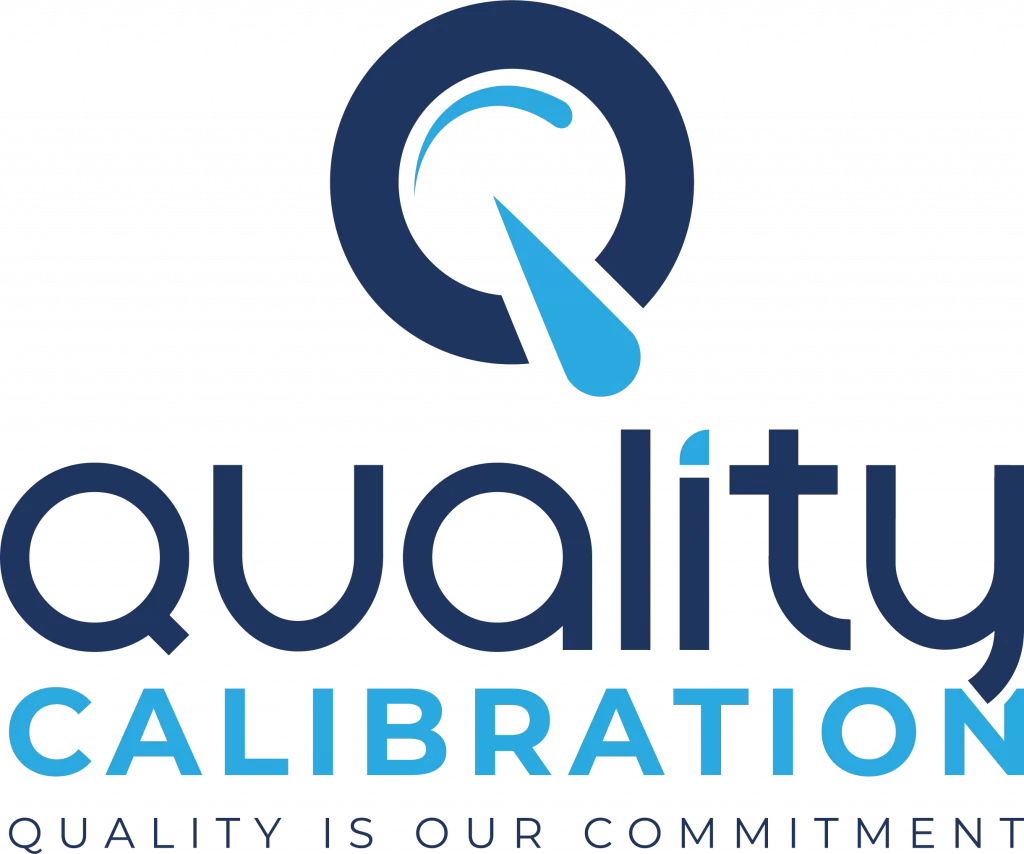ISO/IEC 17025:2017 | +8801730474822 | tm.qcsbd@gmail.com
Introduction to Laboratory Calibration
Calibration is the process of comparing a measurement instrument or system to a standard of known accuracy to detect and correct any discrepancies. In a laboratory setting, calibration is essential to ensure that all measurements taken are accurate and reliable. This is because the results of laboratory experiments and tests are often used to make important decisions, such as in the fields of healthcare, research, and industry.
Importance of Calibration in Laboratory
Calibration is critical in a laboratory because it ensures that the instruments and equipment used to make measurements are operating correctly and providing accurate results. For example, in a medical laboratory, inaccurate test results could lead to the wrong diagnosis and treatment for a patient. Similarly, in research and industry, inaccurate measurements can lead to flawed conclusions and wasted resources. Calibration helps to ensure the integrity of the data and the accuracy of the results, which is crucial for making sound decisions.
Laboratory Calibration Standards
Laboratory calibration is normally subjected to strict regulations and standards. This includes the use of calibrated instruments and equipment, as well as the documentation of calibration procedures and results. ISO/IEC 17025 is the standard mainly followed in laboratory calibration, for ensuring valid results.
Calibration Services for Laboratory Equipment
Calibration services are offered by many companies to ensure that laboratory equipment is functioning correctly and providing accurate results. These services typically include the inspection, adjustment, and testing of instruments and equipment, as well as the provision of a calibration certificate. Some calibration service providers also offer on-site calibration, where the calibration is performed at the laboratory rather than at a centralized facility.
Advancement in Laboratory Calibration
Because of recent advancements in laboratory calibration, more accurate and efficient methods for laboratory calibration have been developed. Calibration Management Program is an advanced system offering better solutions for laboratory calibration management, by featuring uncertainty calculation, operational intelligence, and so on.
Laboratory Calibration in Bangladesh: Challenges and Solutions
In Bangladesh, the calibration of laboratory equipment can be challenging due to a lack of qualified personnel and limited access to standard reference materials. To address these challenges, the government and private sector organizations have taken steps to improve the quality of laboratory services, such as training programs for laboratory personnel and the establishment of calibration labs. Additionally, many international organizations offer calibration services in Bangladesh, which can provide access to standard reference materials and highly skilled technicians.
On-Site Laboratory Calibration Services
On-site laboratory calibration services are becoming increasingly popular as they offer several benefits over traditional off-site calibration. These services can be performed at the laboratory where the equipment is being used, which eliminates the need to transport the equipment to a calibration facility. On-site calibration also allows for the immediate use of the equipment after calibration, minimizing downtime. Additionally, on-site calibration can be more cost-effective than off-site calibration, as it eliminates the need for transportation costs.
Laboratory Calibration for Medical Devices
Medical devices, such as blood glucose meters and blood pressure monitors, require accurate and reliable measurements to ensure patient safety. Calibration of these devices is critical and is subject to strict regulations and standards. The FDA requires that medical devices are calibrated in accordance with the manufacturer’s recommendations, and that the calibration is performed by qualified personnel. Additionally, the FDA requires that the calibration is documented, and that the results are made available upon request.
Traceability and Accreditation in Laboratory Calibration
Traceability is the ability to trace the calibration of an instrument or system back to a standard of known accuracy. This is important because it allows for the determination of the uncertainty of the measurement and ensures that the measurement is accurate and reliable. Accreditation is the process of certifying that a laboratory, or a calibration service provider, is competent and follows international
GMP and GLP Compliance in Laboratory Calibration
GMP (Good Manufacturing Practices) and GLP (Good Laboratory Practices) are both important regulatory standards for ensuring effective laboratory calibration. GMP compliance focuses on the manufacturing process, while GLP compliance pertains to the laboratory testing and data management procedures. Compliance with these standards demands that the calibration equipment used in the production and testing is accurate and reliable, and that the calibration and maintenance data generated are properly recorded and maintained, as this is essential for ensuring the safety and consistency of laboratory calibration.
Maintaining Calibration Records in Laboratory Calibration
Maintaining calibration records in the laboratory calibration is essential to maintain quality and safety of laboratory calibration. Calibration records should be kept for all equipment used in the laboratory calibration, including temperature and pressure gauges, pH meters, scales, and different sensors. These records should include the date of calibration, the results of the calibration, and any adjustments or repairs made to the equipment from time to time. It is important to regularly schedule calibrations and have a system in place for tracking and reviewing these records to ensure that all equipment is functioning properly both in terms of quality and safety. This will help to ensure that products are consistent and meet safety standards.
The Role of Quality Control in Laboratory Calibration
Quality control plays a crucial role in laboratory calibration by ensuring that calibration of laboratory equipment meets standards. This includes monitoring and testing the condition of the lab equipment, as well as tracking and documenting their previous conditions. By implementing strict quality control measures in laboratory calibration, it can be ensured that laboratory equipment meet the expected quality and are functioning properly.
Conclusion
Laboratory calibration can also help to ensure lab equipment functionality. Since, laboratory equipment and instruments are of critical importance due to their dealing with such industrial issues which can’t be addressed by on-site calibration, effective calibration of lab equipment is critically important as well. And the lab technicians need to be properly trained in laboratory equipment calibration, especially when it comes to advanced laboratory calibration techniques and software. Feel free to Contact Quality Calibration Solutions for any query.
